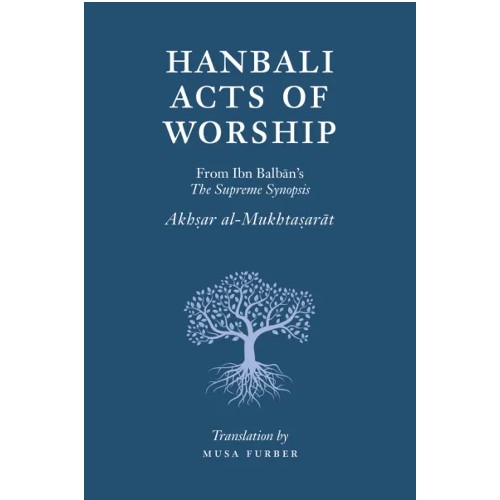Foundations of Hanbali Jurisprudence:
The Hanbali school is known for its strict adherence to the Quran and Hadith. It places a significant emphasis on the authenticity of the Hadith and gives priority to them over consensus (ijma’) or analogy (qiyas). Hanbali fiqh avoids reliance on weak or fabricated Hadith and stresses that legal rulings should align closely with the original sources of Islamic law. This makes Hanbali jurisprudence unique in its methodology compared to other schools of thought.


Imam Ahmad ibn Hanbal:
Life and Teachings, Imam Ahmad ibn Hanbal, the founder of the Hanbali school, was a prominent Islamic scholar renowned for his unwavering commitment to the Hadith and the principles of traditional Islamic jurisprudence. His life and works, particularly his book “Al-Musnad,” which contains a collection of Hadiths, played a pivotal role in shaping the legal framework of Hanbali fiqh. Imam Ahmad’s emphasis on the importance of Hadith and his cautious approach toward analogical reasoning influenced the legal interpretations within the Hanbali school.
Hanbali Approach to Ijma' and Qiyas (Analogy):
While most Islamic schools of jurisprudence rely heavily on consensus (ijma’) and analogy (qiyas), the Hanbali school uses them sparingly. In Hanbali fiqh, ijma’ is only accepted if it is well-documented and has universal consensus among scholars, and qiyas is used with caution, ensuring that it does not override the clear text of the Quran or Hadith. This conservative approach makes the Hanbali school distinctive in its legal methodology.


Hanbali Legal Opinions on Worship (Ibadat) :
The Hanbali school offers detailed rulings on acts of worship (ibadat), such as prayer, fasting, and zakat. One of its key characteristics is a strict adherence to the established rituals as prescribed in the Quran and Hadith. The Hanbali approach tends to be more literal and less flexible than other schools when it comes to the performance of religious rituals, ensuring a consistent practice of worship in accordance with the texts.
Hanbali Jurisprudence in Contemporary Islamic Legal Systems:
Although the Hanbali school is less widely followed today compared to the Hanafi and Shafi’i schools, it still holds significant influence in countries like Saudi Arabia, where its principles guide the legal framework. In contemporary times, the Hanbali school’s rigorous approach to Islamic law remains relevant, especially in issues concerning personal law, criminal law, and religious obligations. Understanding how Hanbali jurisprudence adapts to modern legal systems can provide valuable insights into the ongoing development of Islamic law in a contemporary context.

